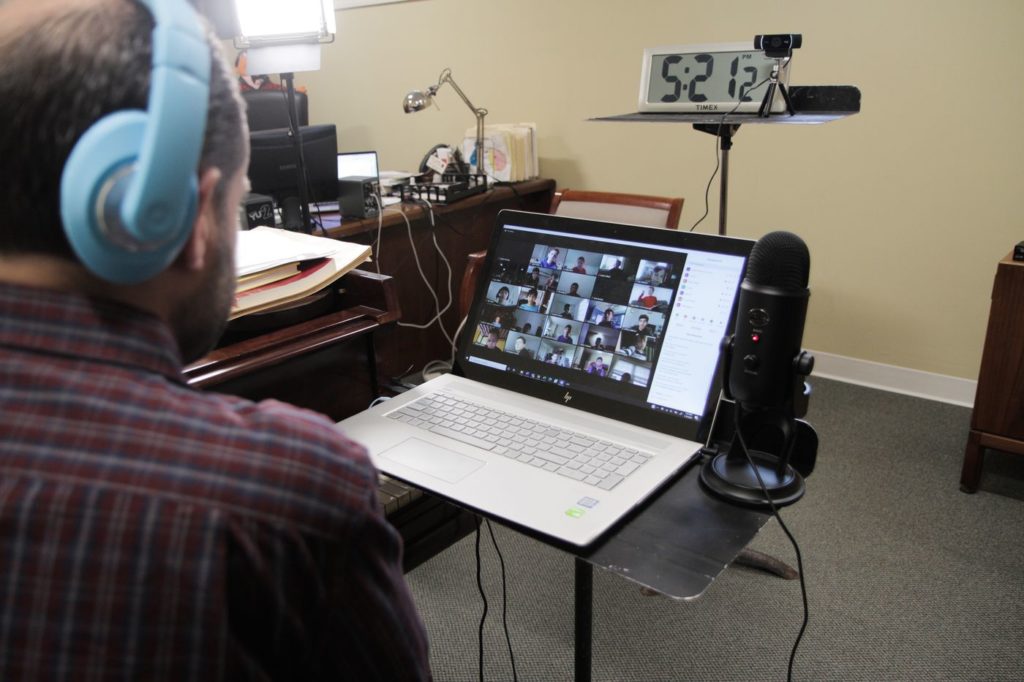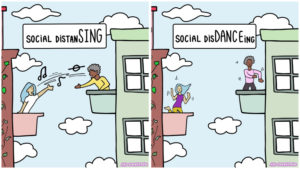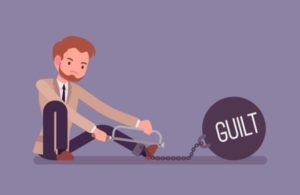
So, here we are, nearly a year from the date that it all shut down. Blimey. I keep saying that I think time is elastic – it seems like forever since I’ve seen and sung with people, but equally, I can’t believe it is 2021 – I feel like I lost an entire year.
But hopefully things are starting to pull around – lots of choir members are reporting getting vaccinations, and I’m off for my first one tomorrow. It’s obvious that we won’t all be leaping out of the starting gates the minute we have an armful of one vaccination or another. So what are the challenges we are looking at?
- We all need to get TWO vaccinations. I hold true to my initial feeling that I don’t want to risk the health of anyone for the sake of singing. When we are covered and safe, we’ll be back. As I’m getting my first vaccination tomorrow, I expect the next one to be somewhere around the end of May if the current schedule continues. Some choir members will certainly be later than that, but we will hold space for them.
- We need to remember how to do this stuff again. It will have been nearly 18 months since we started lockdown by the time we get back to any kind of normality, I expect. Many of us will have lost confidence in our ability to sing, and to be in company. I expect to feel a bit agoraphobic for a few weeks.
- I’m going to carry tissues everywhere. I’m a bit of a soppy old get at the best of times, but the first time I hear voices raised in song together is going to make me sob like a baby. Also expecting to cry the first time I’m allowed to hold my friend’s baby who was born during lockdown and whom I’ve only seen through a window. And the first time my daughter has friends over. And the first time I hug my family from down south again. The clever money will be buying shares in Kleenex, I feel.
- I have all these new shiny songs that we’ve barely had time to scratch the surface of! But I’m not necessarily going to do them. I think the first few times we sing together I’m going to do old favourites. Things that we can sing in our sleep, and make us feel happy.
- I need to book new venues. At least one of my existing venues won’t be able to offer us space in the near future, so I need to look at rebooking elsewhere, and renewing booking schedules for the old venues who have been closed as well.
- I also want to do a bit of a publicity push to see if we can recruit more people – if ever there has been a time to celebrate by raising our voices along with our neighbours, this is it!
I’m sure there are all sorts of things I haven’t thought of yet, but those are the ones at the forefront of my mind right now. Like everyone, I am really looking forward to getting back to some kind of normality, and singing with all my choirs members and friends again.
Look after yourselves and get vaccinated as soon as you can!



 Here we are, halfway through the year. We all stopped singing together in mid-March, and it’s been 100 days (give or take) for most of us now. Everything has changed, and I can’t say I’m a big fan of this brave, new world of no community singing.
Here we are, halfway through the year. We all stopped singing together in mid-March, and it’s been 100 days (give or take) for most of us now. Everything has changed, and I can’t say I’m a big fan of this brave, new world of no community singing. So, here we are at a time of madness. The world is in lockdown. We can’t go out (except for absolute essentials) and I don’t really want to anyway because I’m so worried about what compromised breathing would do to me anyway (I have breathing issues sometimes even when completely healthy – singing is good for that!). I manage a little gentle walk with my daughter occasionally, but only as far as my local park. I really should take up yoga again…
So, here we are at a time of madness. The world is in lockdown. We can’t go out (except for absolute essentials) and I don’t really want to anyway because I’m so worried about what compromised breathing would do to me anyway (I have breathing issues sometimes even when completely healthy – singing is good for that!). I manage a little gentle walk with my daughter occasionally, but only as far as my local park. I really should take up yoga again… People take part in music, particularly community music for very many reasons. Some people want to meet new people, whilst others might want to improve their voice, or perhaps work on breathing and health issues. I’ve come to realise that there are just as many reasons to sing in a choir or play an instrument as there are singers and players.
People take part in music, particularly community music for very many reasons. Some people want to meet new people, whilst others might want to improve their voice, or perhaps work on breathing and health issues. I’ve come to realise that there are just as many reasons to sing in a choir or play an instrument as there are singers and players.
 So… Why have I not been posting much?
So… Why have I not been posting much? For most beginning singers, the volume of their voice is something that bothers them almost as much as how in tune they are. I’ve lost track of how many times I have stood in front of a group of new singers and asked them to reproduce a note, and hear them enthusiastically sing back a variety of wrong notes, then ask them to do the same exercise again, but quietly, and hear 95% of them hit the note accurately.
For most beginning singers, the volume of their voice is something that bothers them almost as much as how in tune they are. I’ve lost track of how many times I have stood in front of a group of new singers and asked them to reproduce a note, and hear them enthusiastically sing back a variety of wrong notes, then ask them to do the same exercise again, but quietly, and hear 95% of them hit the note accurately.